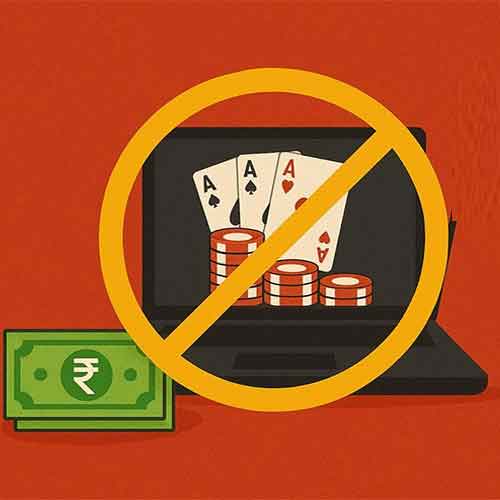
India’s sweeping ban on real-money online games has shaken the sector, forcing leading platforms like Dream11 to suspend cash contests and absorb heavy revenue losses. Yet history shows these businesses rarely disappear overnight.
Courtrooms remain the first line of defense.
Operators argue that games like rummy, poker, or fantasy leagues are “games of skill” rather than gambling, a legal distinction that has prolonged earlier disputes.
A23’s fresh petition in the Karnataka High Court is the first direct challenge to the new national law.
Enforcement is another weak link.
Between 2022 and 2024, over 1,200 websites were blocked, but mirrors, new domains, and VPN access reappear faster than regulators can act.
Policing remains a game of whack-a-mole.
Distribution adds complexity.
Even if app stores tighten policies, real-money apps often bypass them through direct APKs, web apps, or third-party platforms that are harder to control.
Payment routes, too, adapt quickly.
Offshore accounts, proxies, and informal rails help banned operators sustain cash flows, while legitimate platforms stress that existing user balances remain safe.
Meanwhile, legal companies are pivoting.
Many are shifting towards free-to-play gaming, esports, or ad-based models, while hardening compliance with stricter KYC and play-time caps.
Ultimately, the ban disrupts—but does not end—the real-money gaming ecosystem.
The industry’s fate will depend on judicial clarity, enforcement rigor, and whether a regulated compliance pathway for “skill” games emerges.
See What’s Next in Tech With the Fast Forward Newsletter
Tweets From @varindiamag
Nothing to see here - yet
When they Tweet, their Tweets will show up here.





























